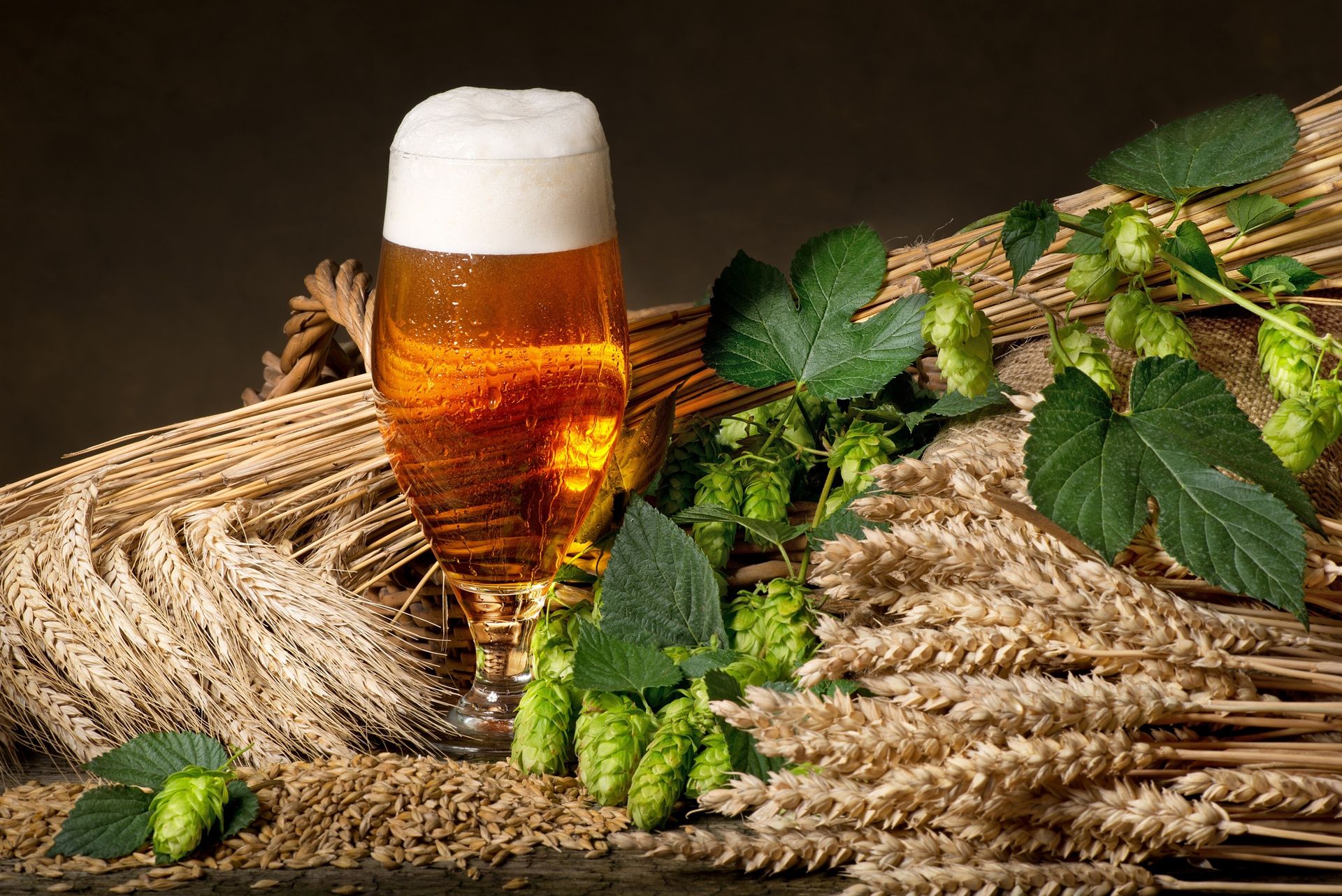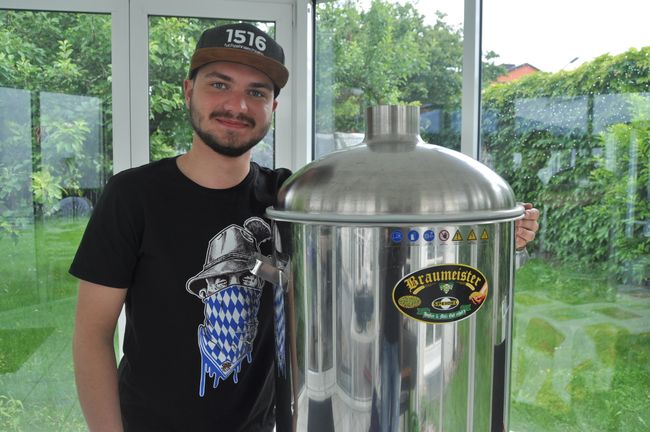Denver, CO (2)
Published: 12.03.2019
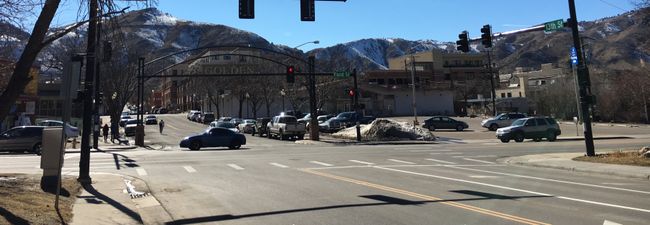
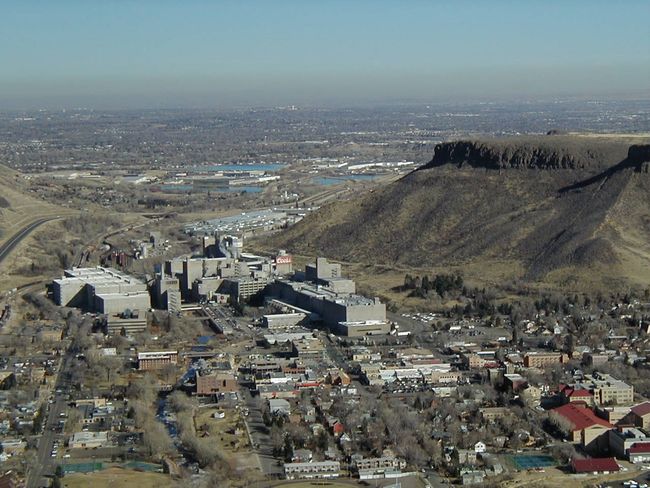
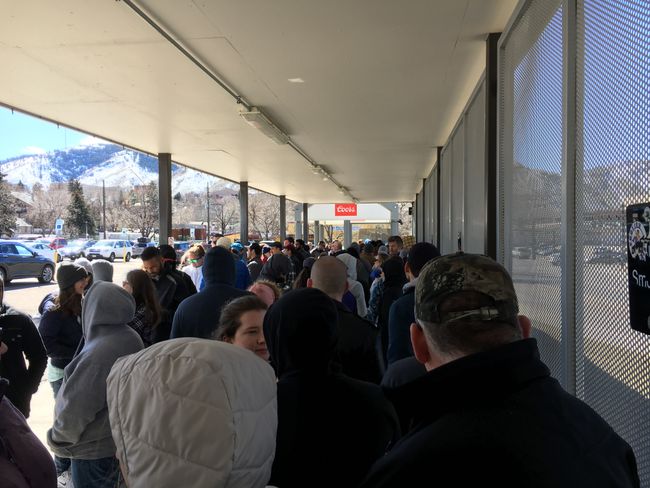
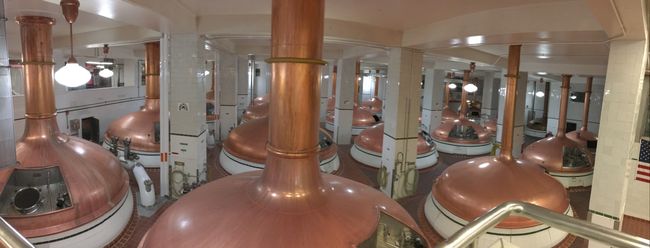
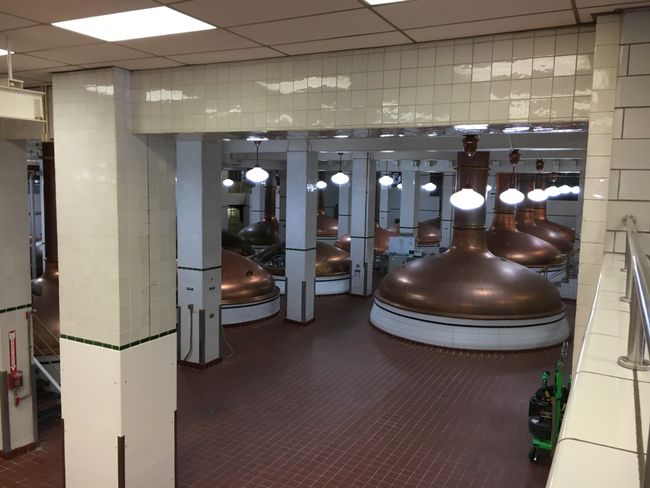
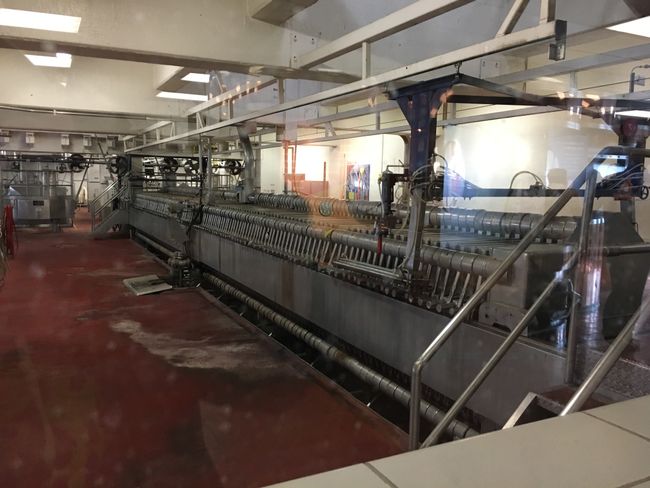
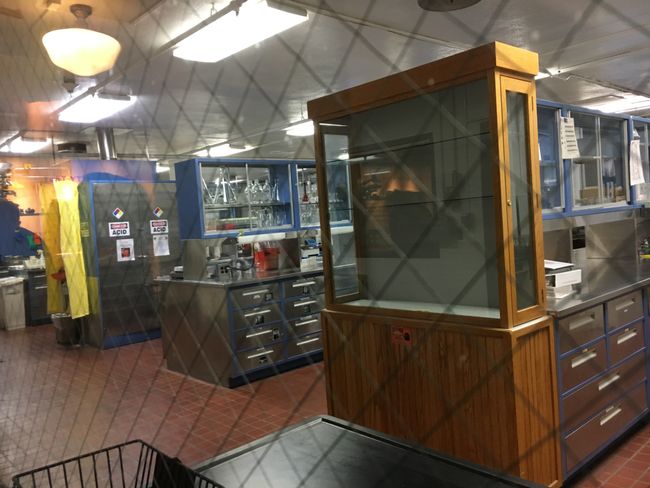
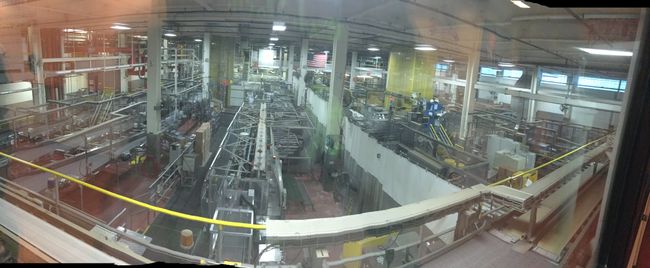
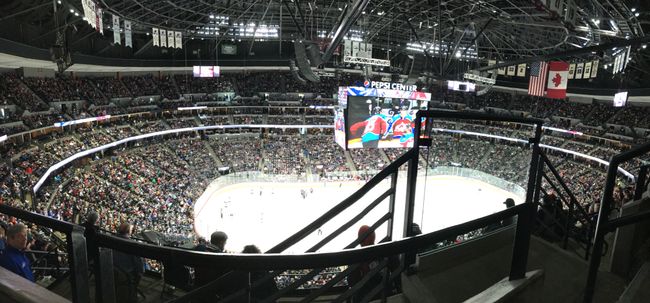
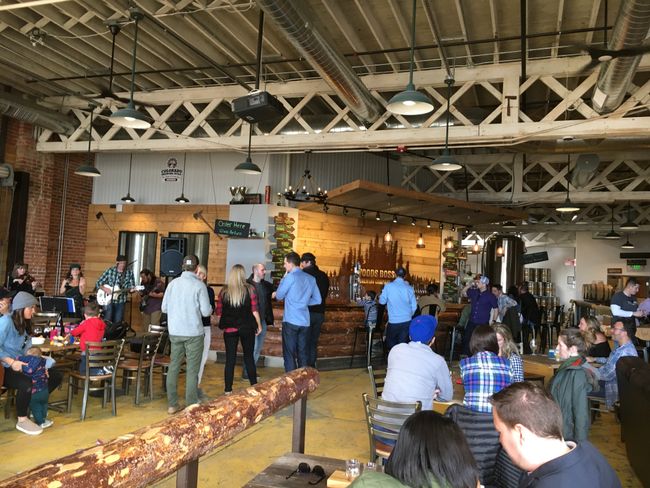
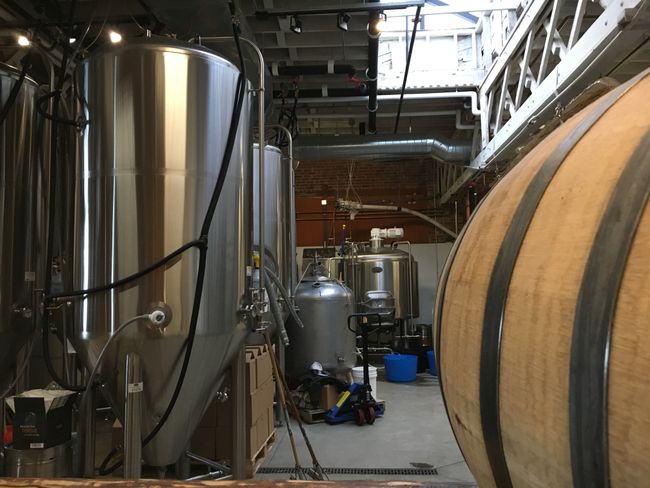
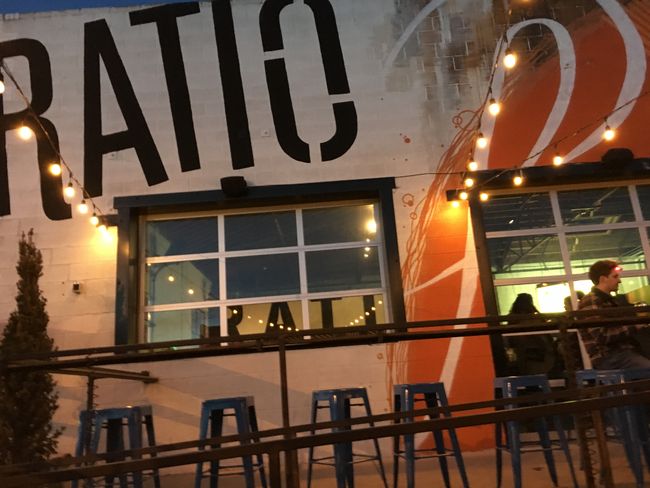
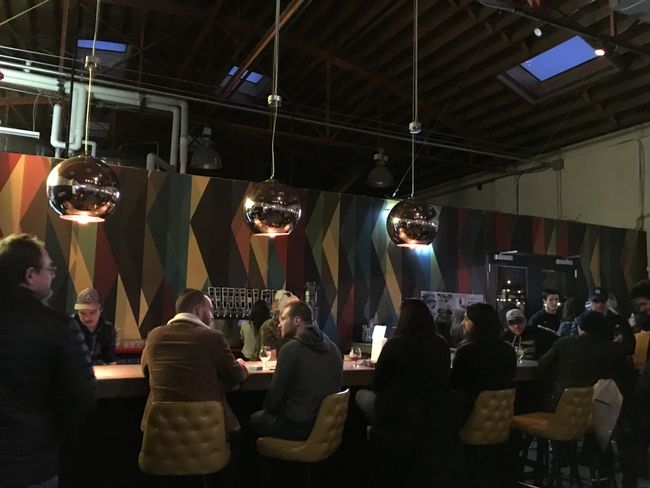
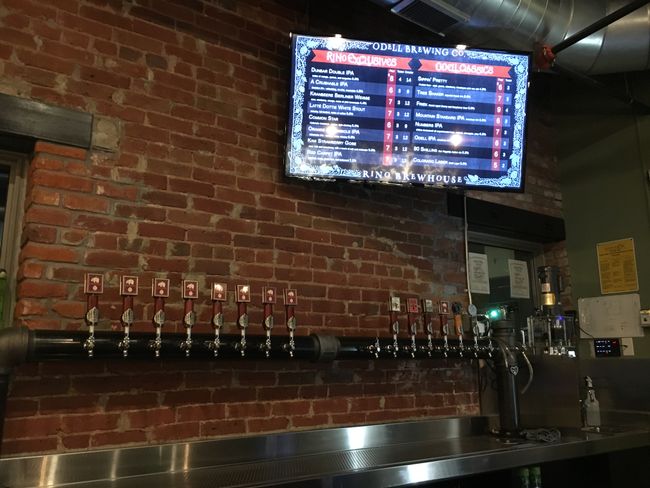
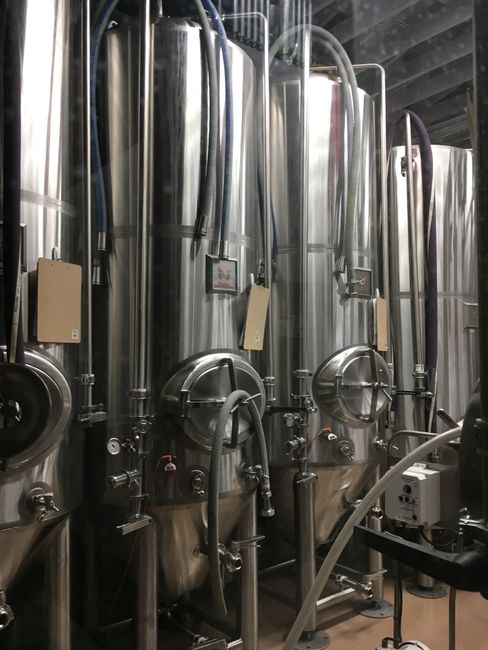
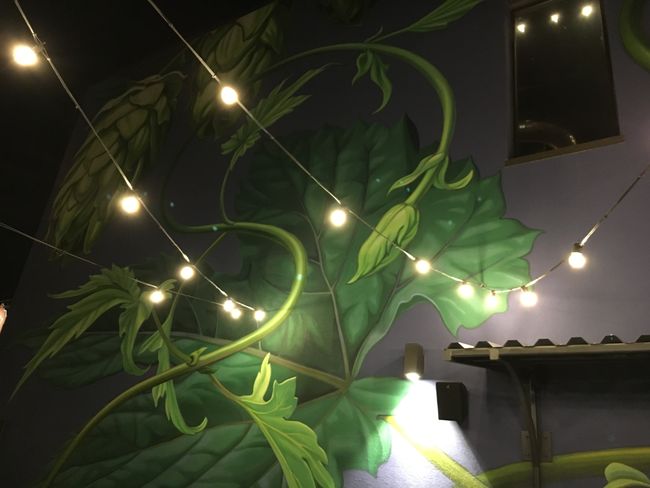
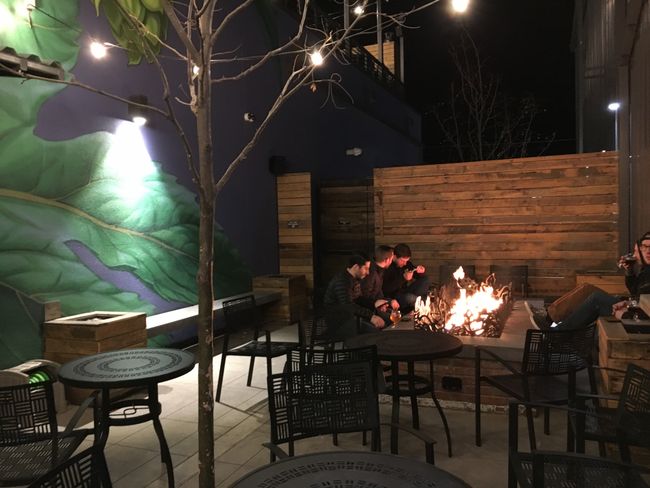
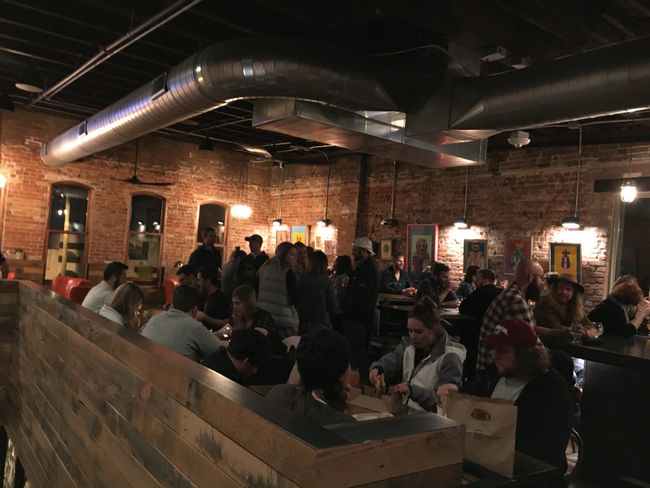
Subscribe to Newsletter
Coors Brewing Company
I took a 40-minute taxi ride towards the Rocky Mountains to see the largest brewery in the world in Golden, Colorado. This brewery, like almost every brewery giant in the USA, was founded by a German immigrant in 1873. After waiting for 2 hours for the free tour, I took a shuttle bus to the brewery's visitor center. Passing about 10 mash filters, I encountered a brewhouse with a total capacity of almost 5000 hectoliters (400 beer barrels). The brewery produces 13 million hectoliters annually. In the packaging area (60% cans, 30% bottles, 10% kegs), there is also a filler that can fill 120,000 cans per hour. And here are a few more facts: Coors was the first American brewery to begin filling aluminum cans in 1959. The brewery also owns the world's largest aluminum can factory and malts its own malt (or more likely acquired the malt houses that malt for them).
After taking 4 hours in Golden instead of the planned 2 hours, I could only watch the last third of the NHL hockey game between the Colorado Avalanche and the Buffalo Sabres (3-0). Then I walked to the RiNo (River North) district, which has about 15 breweries.
Woods Boss Brewing Company
The beers here were more standard, but the cozy ambiance and a live band that played a bit too loudly but created a good mood were surprising. They use 5 pounds of hops per barrel of their NEIPA (about 20g/liter)!
Ratio Brewing
Another hipster brewery, but not as nicely decorated. Here, a food truck is also waiting for hungry guests. I particularly liked the outdoor area and the Citra French Saison.
Odell Brewing - Rino Brewhouse
The last stop in the Mile High City was another outpost of a brewery outside of Denver (Fort Collins, Colorado). I felt very comfortable here, and the outdoor area was amazing and the staff was very knowledgeable. Of course, I only tried the beers brewed on site. The most exciting one was a California Common, lovingly called Colorado Common here. It was also the first time I tried this beer style. Odell Brewing interprets it as an amber-colored, drinkable lager beer that is fermented with California Common yeast at warm temperatures.
Subscribe to Newsletter
Answer
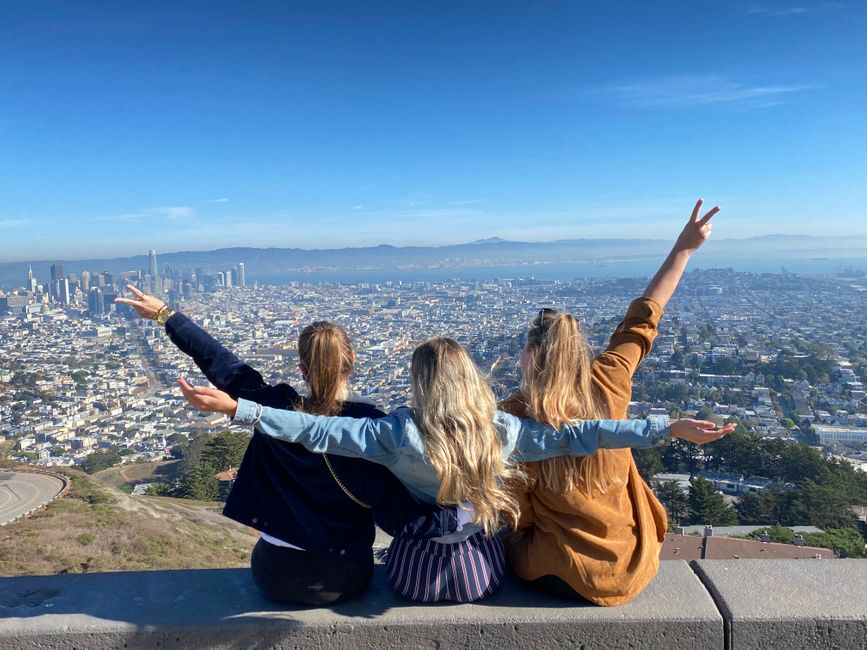
Travel reports USA
